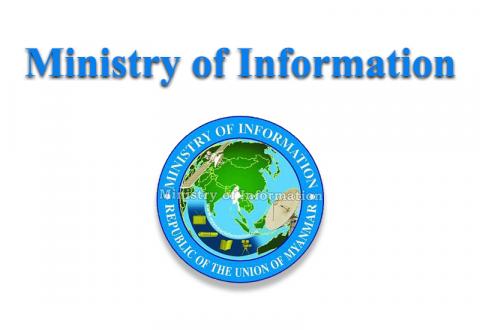Invest in clean air activities for society
AIR pollution poses significant health risks by releasing invisible particles that penetrate deep into the lungs, bloodstream, and body tissues of living beings, including humans. These microscopic pollutants are linked to severe health conditions, including respiratory diseases, heart attacks, strokes, and lung cancer. In fact, air pollution is responsible for approximately one-third of deaths from strokes, chronic respiratory diseases, and lung cancer, as well as one-quarter of heart attack-related deaths.
The primary concern lies in delicate particulate matter, often referred to as PM2.5, which is made up of tiny particles with diameters of 2.5 micrometres or less. Due to their small size, these particles can bypass the body’s natural protection and enter the respiratory system, eventually infiltrating the bloodstream. Long-term exposure to these particles significantly increases the risk of developing chronic illnesses and can even lead to premature death.
Ground-level ozone is another critical pollutant contributing to serious health issues. It is formed when various contaminants, such as nitrogen oxides and volatile organic compounds, react with sunlight. This chemical reaction creates ozone at the earth’s surface, which can cause irritation in the lungs and airways, leading to conditions like asthma and chronic respiratory illnesses.
piratory illnesses. Ground-level ozone is especially harmful during high-temperature periods when sunlight is more intense and pollution levels are elevated. People living in urban areas with heavy traffic and industrial activities are particularly vulnerable to ozone exposure. People living with asthma are among the most affected by air pollution, with pollutants often acting as triggers for asthma attacks.
On 26 November 2019, the Second Committee of the 74th session of the United Nations (UN) General Assembly adopted a resolution designating 7 September as the “International Day of Clean Air for blue skies”. The resolution stresses the importance of raising public awareness at all levels and promoting and facilitating actions to improve air quality. From then onward, all global countries commemorate the day with emphasis placed on cleaning the blue sky as well as reducing all actions to affect the degradation of the blue sky.
Hence, all human societies of human regardless of country and national, have to strive to reduce all movements to decline various kinds of environmental pollution while making efforts to improve air quality in order to contribute to the health of all humans breathing clean air with the content of oxygen and other essential gases for human lives. As such, all humans have to pour out their endeavours of man, material and monetary investments in the improvement of blue sky to produce clean air for all.
#TheGlobalNewLightOfMyanmar

